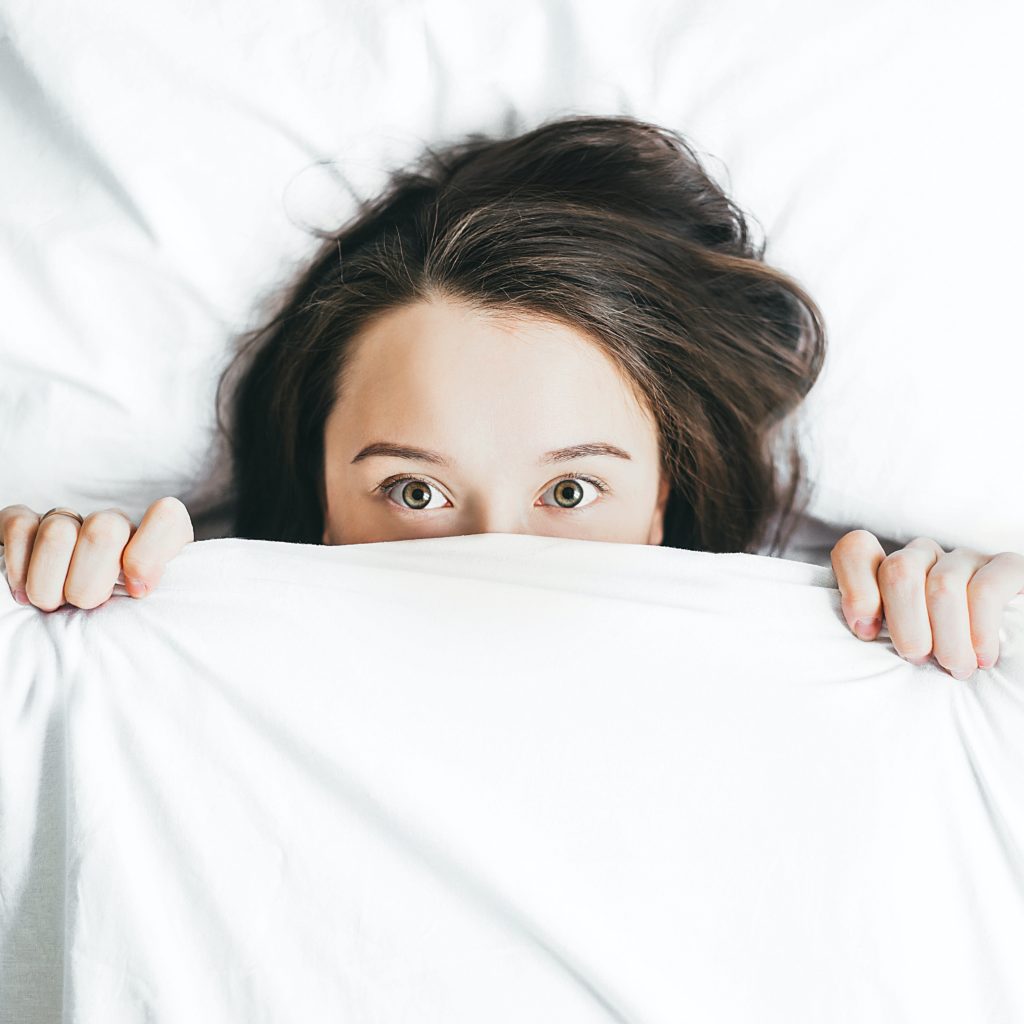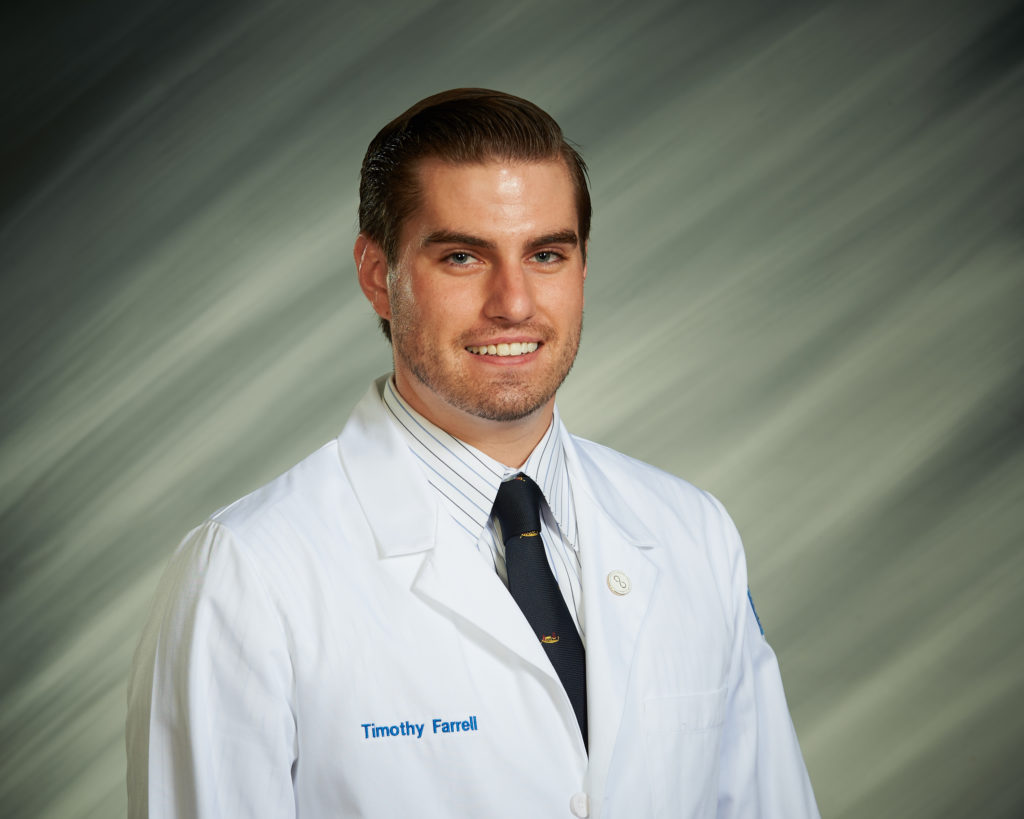
Part I of II
Difficulty sleeping during the COVID-19 quarantine has become a common problem and can be manifested in a variety of ways; insomnia, fragmented sleep and nightmares. National prescription providers have reported a 21% increase in anti-insomnia, anti-anxiety and antidepressant medications since March of 2020. The next two weeks in Health & Exercise Forum” will be dedicated to sleep wellness.
We do it every night, hopefully. Children are doing it. Our grandparents are doing it. Teenagers do it all the time. We sleep of course. These hours in which we slumber are vital to our ability to function during the day and to our health overall. It does not appear evolutionarily advantageous for us to be unconscious for extended periods of time. Modern science tells us that much of our body’s restoration, strengthening, and processing occurs while we sleep. Our brains consolidate the information they have learned throughout the day and enhance our memory. Additionally, sleep restores sugar storage in our brains and improves the functioning of our immune system. But science does not illuminate why we need such a prolonged period other than the fact that we just seem to get sleepy after a long day.
Sleep is crucial to us as a species, but it is not always easily attained. For many individuals across the globe, this author included, sleeping properly can be a challenge. The trial and tribulations of the human experience can lead to restless nights and early morning risings without adequate sleep. But what is considered “adequate” sleep? The answer depends on your age. As we grow older, our sleeping requirements change drastically from infancy to elderdom. Infants are learning and processing so much information of this new world they now inhabit. Thus, their brains need enough time to analyze and consolidate the data, necessitating 12 to 15 hours of sleep. As we advance into adulthood, our sleep requirements drop to approximately 7 to 9 hours with some variability from person to person. Good indications of a restful night’s sleep include waking up feeling refreshed, functioning with enough energy for your daily tasks, and having continuous sleep- meaning there are not extended periods of time of wakefulness when we are supposed to be sleeping.
This seems easy enough to say, but significantly more difficult to do. Current reports demonstrate that roughly 100 million people suffer from insomnia at some point each year, with 25% progressing to long-term chronic sleep insufficiency. Insomnia is described as difficulty falling asleep or staying asleep for three nights per week for at least two consecutive weeks in a three-month period. There are a lot of unhealthy sleeping habits permeating the country. We measure the quality of sleep in two different dimensions duration (quantity) and depth (quality). The duration is straightforward enough. Do you sleep for the recommended 7 to 9 hours per night? The quality is a little more difficult to quantitate. Some individuals may sleep for the proper duration of time, but the depth is not adequate. Sleep quality is determined by the number of arousals or awakenings in a given night. As few as 5 arousals in a night can result in daytime sleepiness and performance deficits. In addition, how long we remain in certain phases of sleep also determines the quality of our sleep. There are four stages of sleep: N1, N2, N3, and REM with N3 being the most restful of the stages. When we fall asleep, we go through a predictable descent into sleep. We repeat the cycle of N1 to N2 to N3 to REM sleep every 60 to 90 minutes. The more time we remain in the restful stages, N3 and REM, the better our sleep is. As we age, we inevitably spend less and less time in restful sleep.
There are many factors that influence how we sleep. Everything from what we drink to the type of curtains we have can impact those crucial hours of sleep. Some of the more common culprits that disrupt our sleep are:
For More Informations:
-http://healthysleep.med.harvard.edu/healthy/
-https://jamanetwork.com/journals/jamainternalmedicine/fullarticle/2110998
-https://www.sciencedirect.com/topics/medicine-and-dentistry/insomnia
Read Dr. Mackarey’s Health & Exercise Forum – every Monday. Next Week Read, Sleep and Wellness Part II.
This article is not intended as a substitute for medical treatment. If you have questions related to your medical condition, please contact your family physician. For further inquires related to this topic email: drpmackarey@msn.com
Paul J. Mackarey PT, DHSc, OCS is a Doctor in Health Sciences specializing in orthopaedic and sports physical therapy. Dr. Mackarey is in private practice and is an associate professor of clinical medicine at Geisinger Commonwealth School of Medicine.
Read all of Dr. Mackarey's articles in our health and exercise forum: https://mackareyphysicaltherapy.com/forum/
Guest Columnist: Timothy Farrell, MD3

Tim Farrell is a third year medical student at Geisinger Commonwealth School of Medicine. Originally from Clarks Summit, Pennsylvania, Tim received his bachelor’s degree from Loyola University Maryland in Baltimore, MD. Currently a 2nd Lieutenant in the US Army, he enjoys listening to music, running, and spending time with his two dogs. He volunteers with the Cody Barrasse Foundation in the Organ Transplant Assistance Program, where he helps patients receive grant funding as they await their transplant surgery. He hopes to pursue a career in General Surgery.